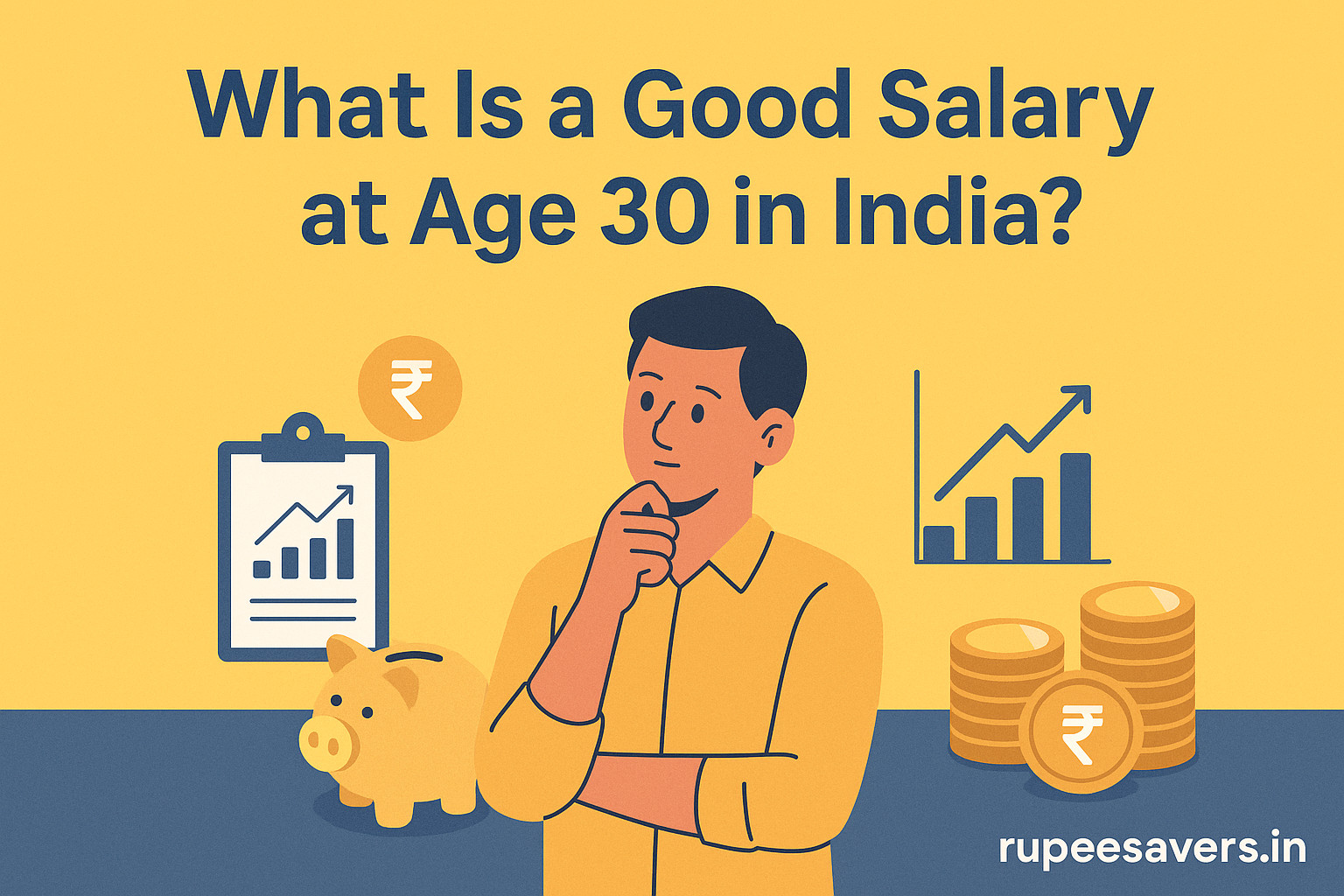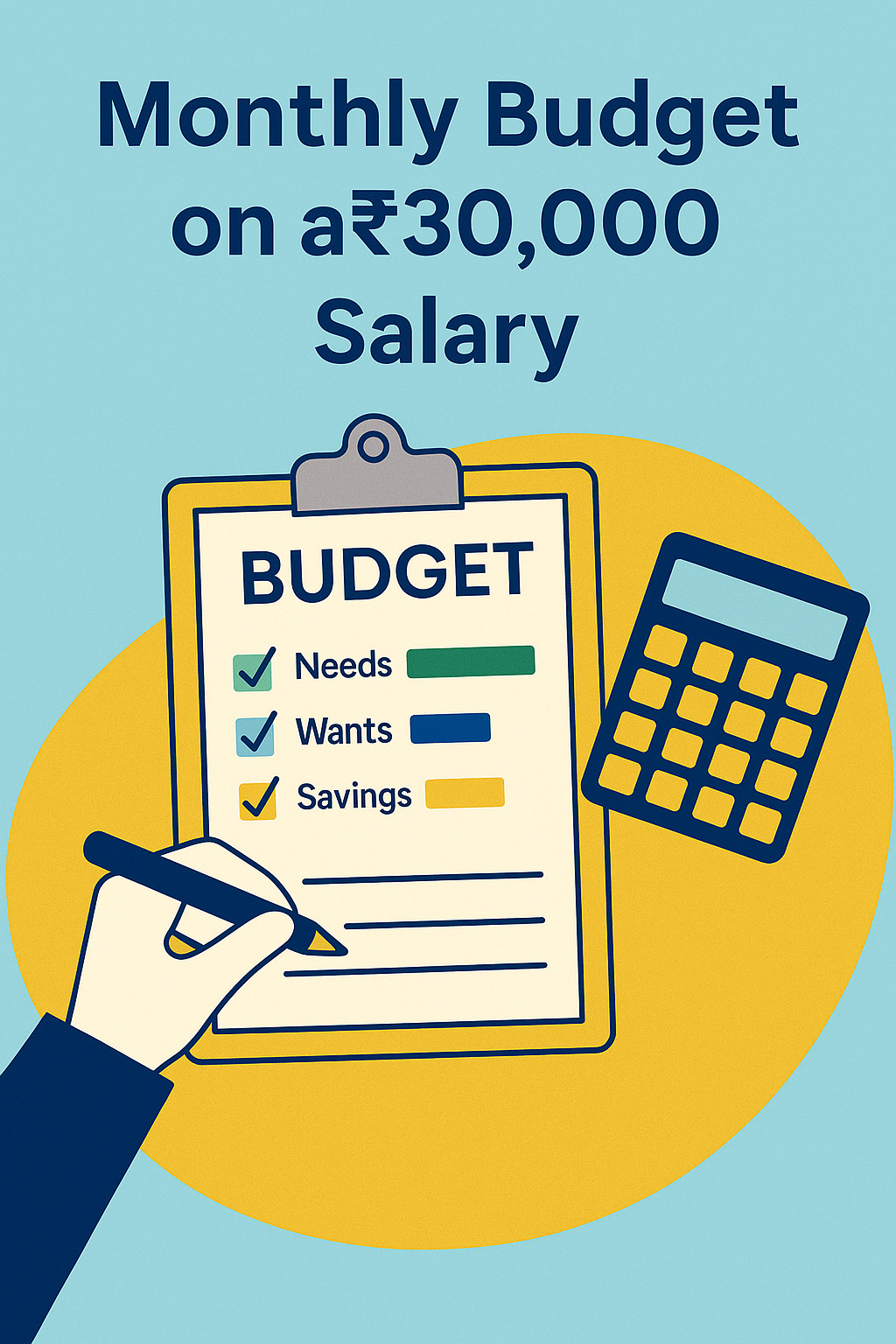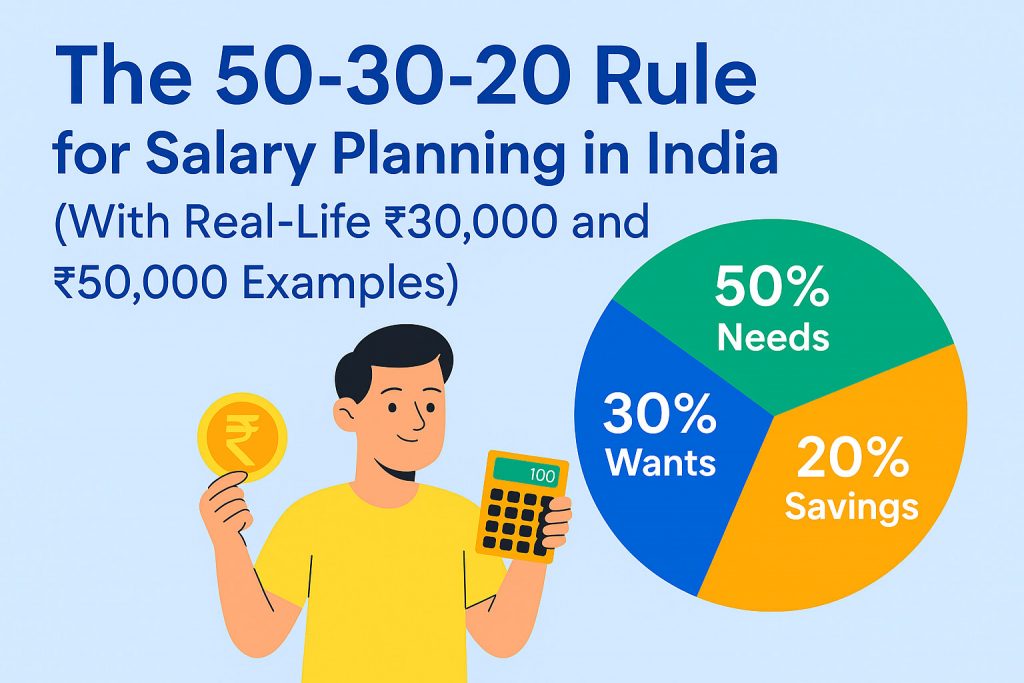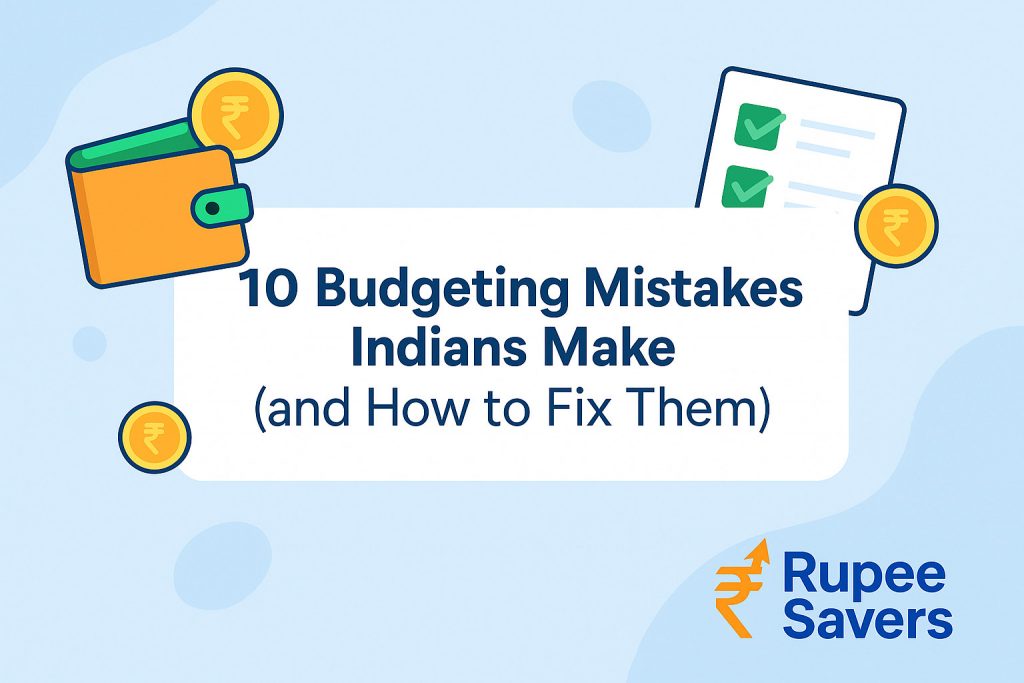Introduction to a Good Salary at Age 30 in India
Turning 30 often sparks self-reflection, especially about money. One question that echoes for many is: “What is a good salary at age 30 in India?” It’s not just curiosity—it’s about financial direction. Understanding where you stand compared to peers or city averages can guide better decisions. Benchmarking a good salary at age 30 in India gives you clarity and confidence in your financial journey.
It’s a fair question. And honestly? A necessary one.
At 30, you’re no longer at the “starting out” phase. Life’s moving quickly. The rent isn’t getting cheaper, your parents might be aging, and if you’re married or thinking about kids—well, those costs aren’t small either. It’s the age where money matters more than ever, not just for today but for the life you want to build.

So, what does a “good salary” really mean at 30 in India? Let’s break it down.
Why Age 30 Is a Big Deal Financially
Your 30s are when responsibilities multiply and choices start to stick. That’s why identifying a good salary at age 30 in India becomes more than just a comparison—it’s about preparation. Rent, loans, and future planning all revolve around how much you earn and how you manage it. If you’re unsure whether you’re earning enough, this guide on what qualifies as a good salary at 30 in India will help.
More Expenses, More Pressure
You might be:
- Paying EMIs for a car or a modest flat
- Supporting your parents
- Living with a partner or starting a family
- Looking to invest or save for a future you
And the truth is, life doesn’t slow down. These responsibilities grow, and the choices you make now—how much you earn, save, invest—can change everything a decade from now.
You’re Closer to Peak Earning Years
Most professionals hit their biggest salary leaps between 28 and 35. Promotions, job switches, leadership roles—this is when things click if you’ve played your cards right. That’s why getting a reality check now isn’t a bad idea.
So, What Is a Good Salary at Age 30 in India?
Let’s not sugarcoat it—money matters. But a “good” salary isn’t just a fat paycheck.
It’s the kind of income that lets you:
- Sleep peacefully at night
- Put money away for the future
- Live decently without stretching every rupee
- Make choices—not sacrifices
Here’s a general range to help you figure out where you stand:
| Salary Type | Monthly Income (₹) |
|---|---|
| Average | ₹50,000 – ₹70,000 |
| Good | ₹75,000 – ₹1,00,000 |
| Excellent | ₹1,20,000+ |
Remember, these are just ballpark figures. What feels “good” depends a lot on where you live.
City-Wise Breakdown: What’s Good Where?
What counts as a good salary at age 30 in India can vary greatly by location. Someone earning ₹75K in Pune might enjoy a better quality of life than someone earning ₹1L in Mumbai. Here’s what’s generally considered a good salary at 30 in India, city-wise.
| City | Good Salary (Monthly) |
|---|---|
| Mumbai | ₹90,000+ |
| Bangalore | ₹1,00,000+ |
| Pune | ₹75,000+ |
| Delhi NCR | ₹90,000+ |
| Hyderabad | ₹80,000+ |
| Chennai | ₹85,000+ |
| Kolkata | ₹70,000+ |
Industry-Wise Salary Ranges at 30
Now let’s get real. What you earn also depends heavily on the industry you’re in. A 30-year-old software engineer’s salary won’t look anything like a government clerk’s. And that’s okay.
Here’s a quick look at what 30-year-olds typically earn across sectors:
- IT & Software: ₹90,000 to ₹1.5L/month — Tech has always been the big player. With 6–8 years of experience, many engineers earn six figures, especially if they’ve moved into team lead or product roles.
- Finance & Banking: ₹80,000 to ₹1.2L/month — Analysts and consultants often make decent money, especially in metro cities. Investment banking, though? That’s another league.
- Startups: ₹60,000 to ₹1.5L/month — Unpredictable but exciting. You might get less cash and more stock or perks. Growth is steep, but so is the grind.
- Government Sector: ₹55,000 to ₹90,000/month — You won’t make lakhs a month, but the stability, benefits, and pensions add huge value.
- Freelancers & Creators: ₹40,000 to ₹1.5L/month — High variance here. Writers, designers, YouTubers, coders… it depends on skills, niche, and how well you market yourself.
Heads-up: Freelancing can take time to build. But once you find your niche and consistent clients, you may earn more than salaried folks—while working from a café in Goa.
Is Your Salary Enough? Use This Practical Checklist
Wondering if your salary qualifies as a good salary at age 30 in India? Feeling unsure about your earnings? Don’t worry—we’ve got a no-fluff checklist to help you check if you’re financially healthy salary at 30 in India.
✅ Your Age-30 Financial Wellness Checklist
Ask yourself the following:
- Am I saving at least 25–30% of my income every month?
- Do I have an emergency fund of ₹1,00,000 or more?
- Is at least ₹5,000–₹10,000 going into SIPs or investments?
- Do I have health insurance and a term insurance plan?
- Are my EMIs below 40% of my monthly take-home pay?
If you can tick off most of these, pat yourself on the back—you’re doing better than you think.
If not, hey—it’s not the end of the world. You just need a better plan (and maybe a slight lifestyle tweak).
Salary vs Savings: Where Should Your Money Go?
You could be making a lakh a month and still be broke. Or earning ₹50K and saving like a pro.
Let’s break down how people across salary ranges should ideally manage their money:
| Monthly Income | Savings (20–30%) | SIP/Investments | Emergency Fund (Monthly Top-Up) | Lifestyle & Others |
|---|---|---|---|---|
| ₹50,000 | ₹10,000–₹15,000 | ₹3,000–₹5,000 | ₹2,000 | ₹25,000–₹30,000 |
| ₹80,000 | ₹16,000–₹24,000 | ₹5,000–₹10,000 | ₹3,000 | ₹40,000–₹45,000 |
| ₹1,20,000 | ₹24,000–₹36,000 | ₹10,000–₹15,000 | ₹5,000 | ₹55,000–₹60,000 |
🟡 Note: These aren’t strict rules. Life has its seasons—weddings, vacations, tough months. Just don’t lose track of your long-term goals.
What If You’re Behind or Want to Level Up?
You look at this table and think, “Okay… I’m nowhere close.”
It’s fine. Really. What matters is what you do next.
Here’s how to catch up or speed ahead:
📚 Upskill—But Be Smart About It
Don’t just take random courses. Focus on skills that employers pay big for:
- Data Analytics
- Digital Marketing (Performance, SEO, Copywriting)
- Product Management
- Cloud & DevOps
- UI/UX Design
Even a 6-month online course or certification can bump your salary by 20–40%.
💼 Switch Jobs or Negotiate Like a Pro
Sometimes, the only way to grow is to move.
- Update your resume and LinkedIn profile
- Learn salary benchmarks in your industry
- Practice negotiation scripts (yes, practice them aloud)
Employers expect negotiation—don’t leave money on the table.
🌐 Build Side Income Streams
You don’t have to quit your job. Start small:
- Freelance on weekends: writing, coding, editing, designing
- Launch a niche blog or YouTube channel
- Sell templates, ebooks, or mini-courses
Give it 6–12 months of consistent effort. You’d be amazed what a few extra ₹10Ks can do for your savings and peace of mind.
Myth vs Fact: Rethinking Success at 30
Let’s bust a few myths that mess with our heads:
- Myth: “If you’re not earning ₹1 lakh/month by 30, you’re behind.” Fact: It’s not just about income—it’s about how much you keep and grow. A person earning ₹70K but saving 30% monthly is doing better than someone earning ₹1.2L and spending it all.
- Myth: “Owning a home is the ultimate financial goal by 30.” Fact: Not necessarily. Renting can offer flexibility and less debt stress—especially if you’re investing wisely elsewhere.
- Myth: “Only tech and finance people get rich.” Fact: Creators, freelancers, marketers, and even teachers can build wealth—when they play the long game and invest smartly.
Conclusion: You’re Doing Better Than You Think
So, what’s the final word on what is a good salary at age 30 in India? Let’s be honest. Most of us didn’t grow up learning money management in school. We fumbled, figured things out late, and made some poor choices. But now? You’re 30, wiser, and ready to take charge.
So here’s the truth:
You don’t need to earn a crore to feel successful. You need control, clarity, and confidence with your money. You need enough to save, enough to breathe, and enough to build a future you’re proud of.



